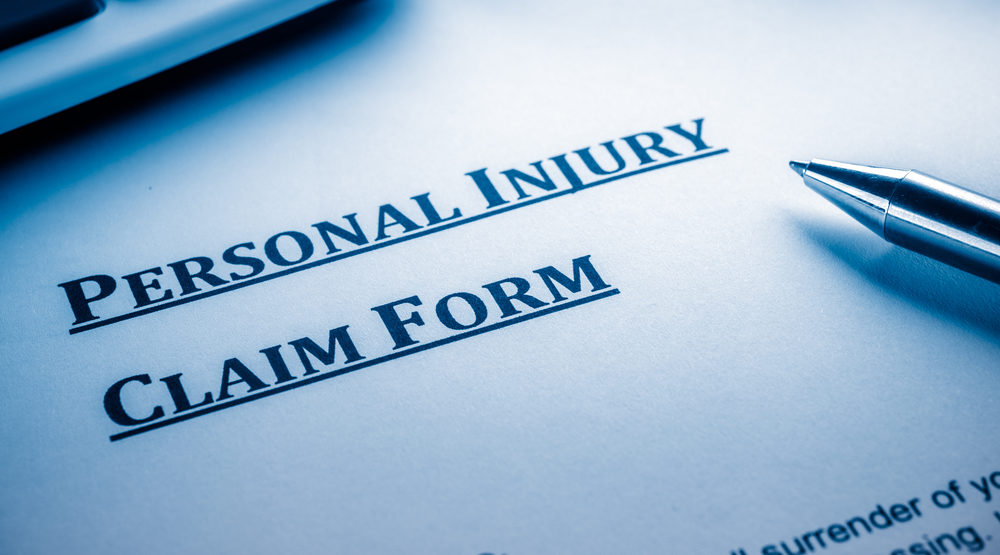
The passage of AB 218 is bringing a landslide of important changes for survivors of childhood sexual assault. Most significantly, it allows survivors to file a civil lawsuit between January 2020 and January 2023 seeking monetary damages for childhood sexual assault, regardless of when the assault took place. Anyone who has been sexually assaulted in the past can come forward to sue, whether the defendant is a public or private entity or an individual. The typical deadline (until age 26 or within three years of the discovery of harm) does not apply until 2023—after which, the survivor has until age 40 or within five years of the discovery of harm to file a civil lawsuit for childhood sexual assault.
Another important component of AB 218 is that it provides for the recovery of up to three times the actual damages if the assault or abuse was the result of a cover-up. This form of punitive damages is referred to as “treble damages.” In this post, we’ll explore the possibilities and limitations of this new provision as it relates to survivors of childhood sexual assault and abuse pursuing civil litigation and the recovery of treble damages in California.
What Are Punitive Damages?
According to Civil Code 3294, California allows for punitive damages in personal injury cases when a plaintiff has proven “by clear and convincing evidence” that the defendant has “acted with oppression, fraud, or malice.” It is often this hefty fine that brings claims from the thousands into the millions of dollars. Unlike a criminal case, where the fine would be payable to the state, the awarding of punitive damages goes directly to the plaintiff in a civil case. Naturally, your lawyer will look for any evidence of wrongful acts on the part of the defendant(s).
The objective is not to financially destroy the defendant, but to at least deter the defendant from future wrongdoing. Often, the courts will tally up the actual harm suffered (medical bills, lost wages, etc.) and multiply this number by one or three to come up with the amount of punitive damages to award. When the multiplier is three, the punitive damages are referred to as “treble damages.”
AB 218 and Recovering Treble Damages in California
AB 218 “would also provide for the recovery of up to treble damages against certain defendants in these actions.” According to the revised 340.1(b)(1):
“A person who is sexually assaulted and proves it was as the result of a cover-up may recover up to treble damages against a defendant who is found to have covered up the sexual assault of a minor, unless prohibited by another law.”
“Cover-Up,” As Defined By AB 218
AB 218 amends Section 340.1(b)(2) of the Code of Civil Procedure to describe a “cover-up” as:
“A concerted effort to hide evidence relating to childhood sexual assault.”
In California, anyone who works with children is considered a mandatory reporter who must contact the police or child protective services to report any known or suspected case of child assault/abuse within 36 hours of receipt of that knowledge. Failure to do so has legal repercussions such as fines payable to the state, jail time, and the ability to be held liable in civil court when a plaintiff is seeking to recover treble damages.
When Are Treble Damages Not Recoverable?
The law states that treble damages are “not recoverable if prohibited by another law.” This pertains to Gov. Code Sec. 818, which expressly prohibits treble or exemplary damages against public entities—such as public schools. That doesn’t mean that public entity employees can’t be responsible for treble damages. The court case of Runyon v. Superior Court clarified that Section 818 does not apply to public employees—just public entities—so it is still possible to sue an individual school administrator or another employee for treble damages in a lawsuit, although rarely will an individual have the resources to pay significant punitive damages.
What to Do If Someone Attempted to Cover-Up Childhood Sexual Assault/Abuse
It can be hard to understand how or why an institution would willfully conceal evidence of childhood sexual assault or shield perpetrators from punishment. Yet, these organizations may decide to place their reputations ahead of the child trusted in their care. If you believe someone knew that you or your child was sexually assaulted or abused, a civil lawsuit could be the necessary course of action to hold all parties liable and to recover treble damages based on California law.
At Lewis & Llewellyn, we believe that it is never okay for agencies or institutions to willfully turn a blind eye to sexual abuse. It doesn’t matter if the perpetrator was a prominent financial donor, someone with longstanding ties to the organization, or just an embarrassment they’d rather quietly sweep under the rug. Whatever the case may be, our experienced team of litigators will help you seek justice and hold those responsible accountable for their negligence, recklessness, and willful misconduct. We seek maximum compensation as allowed by law, including punitive damages.
DISCLAIMER: The information in this blog is provided for general informational purposes only, and may not reflect the current law in your jurisdiction. No information contained in this blog or on this website should be construed as legal advice from Lewis & Llewellyn LLP. Neither your receipt of information from this website, nor your use of this website to contact Lewis & Llewellyn LLP creates an attorney-client relationship between you and the firm or any of its lawyers. No reader of this website should act or refrain from acting on the basis of any information included in, or accessible through, this website without seeking the appropriate legal advice on the particular facts and circumstances at issue from a lawyer licensed in the recipient’s jurisdiction.


